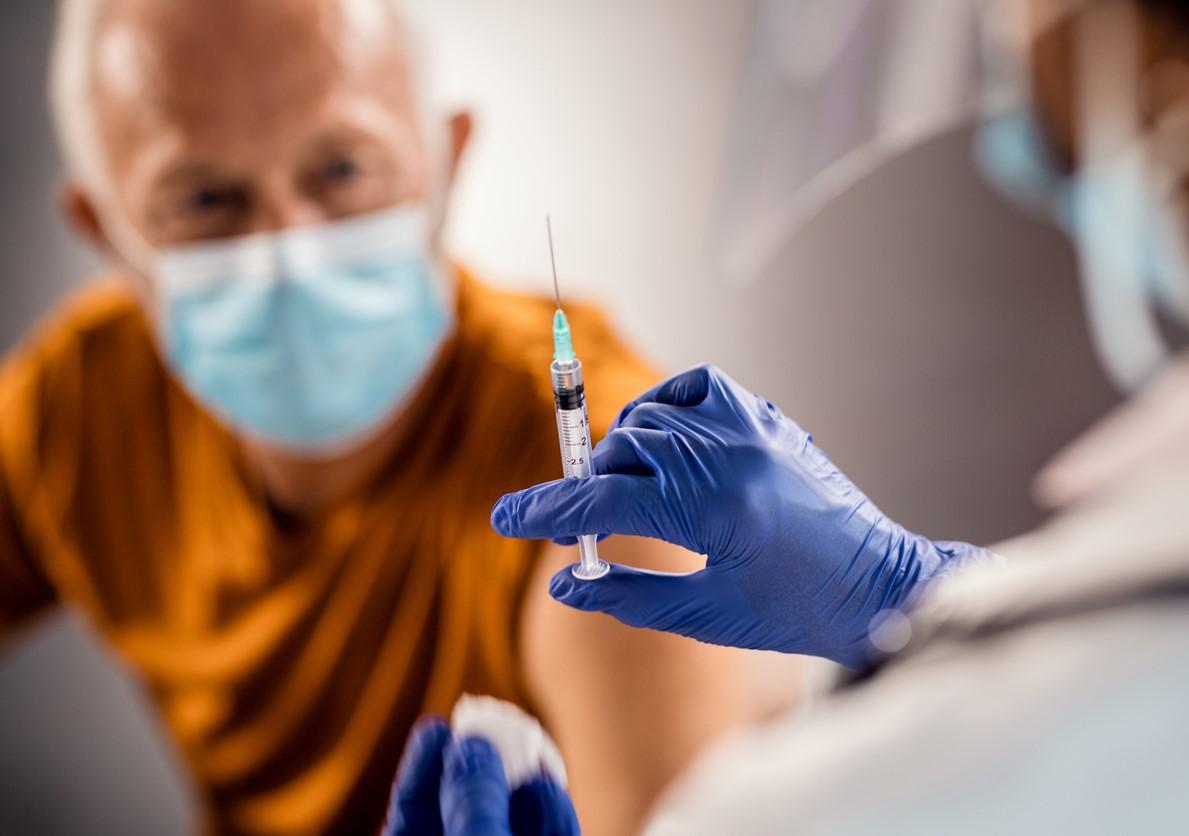Infection
4th COVID vaccine dose tied to reduced infection, poor outcomes in those with rheumatic disease
People with rheumatic disease who received a fourth mRNA COVID-19 vaccine dose had a 41% lower risk of infection and a 65% lower risk of hospitalization or death than those who received only three doses, according to a study published yesterday in The Lancet Rheumatology.
A team led by Mass General Brigham researchers analyzed observational data to determine the risk of COVID-19 infection, hospital admission, and death among 4,305 patients with systemic autoimmune rheumatic disease. The patients were taking disease-modifying antirheumatic drugs (DMARDs) and were eligible for a fourth vaccine dose from January to June 2022, a period of Omicron variant predominance.
The authors noted that patients with rheumatic diseases who take DMARDs have suppressed immune systems.
“In addition to the use of DMARDs, comorbidity burdens, systemic autoimmune rheumatic disease activity, and dysregulated immune responses also contribute to this increased risk,” they wrote. “However, many patients with systemic autoimmune rheumatic diseases receiving DMARD therapy also have blunted humoral responses to COVID-19 vaccines.”
Importance of COVID boosters
After overlap propensity score weighting, an equal number of patients (2,563) had received and not received a fourth dose. Median follow-up was 135 days among fourth-dose recipients and 65 days among fourth-dose nonrecipients.
These patients should be encouraged to stay up-to-date with COVID-19 mRNA vaccines, including boosters after the primary vaccination series.
COVID-19 infection risk was lower among fourth-dose recipients (hazard ratio [HR], 0.59). The additional dose reduced the risk of hospitalization or death from 3 days before to 14 days after infection (HR, 0.35).
“These patients should be encouraged to stay up-to-date with COVID-19 mRNA vaccines, including boosters after the primary vaccination series,” the researchers wrote.
In a related commentary, Jessica Widdifield, PhD, of Sunnybrook Research Institute in Toronto, and colleagues said that waning vaccine effectiveness is concerning. “Unfortunately, there is no perfect evidence base to guide patients and rheumatologists on the timing of fourth and subsequent doses,” they wrote, citing a Kaplan-Meier curve showing a spike in risk 60 to 75 days after vaccination but few data thereafter.

